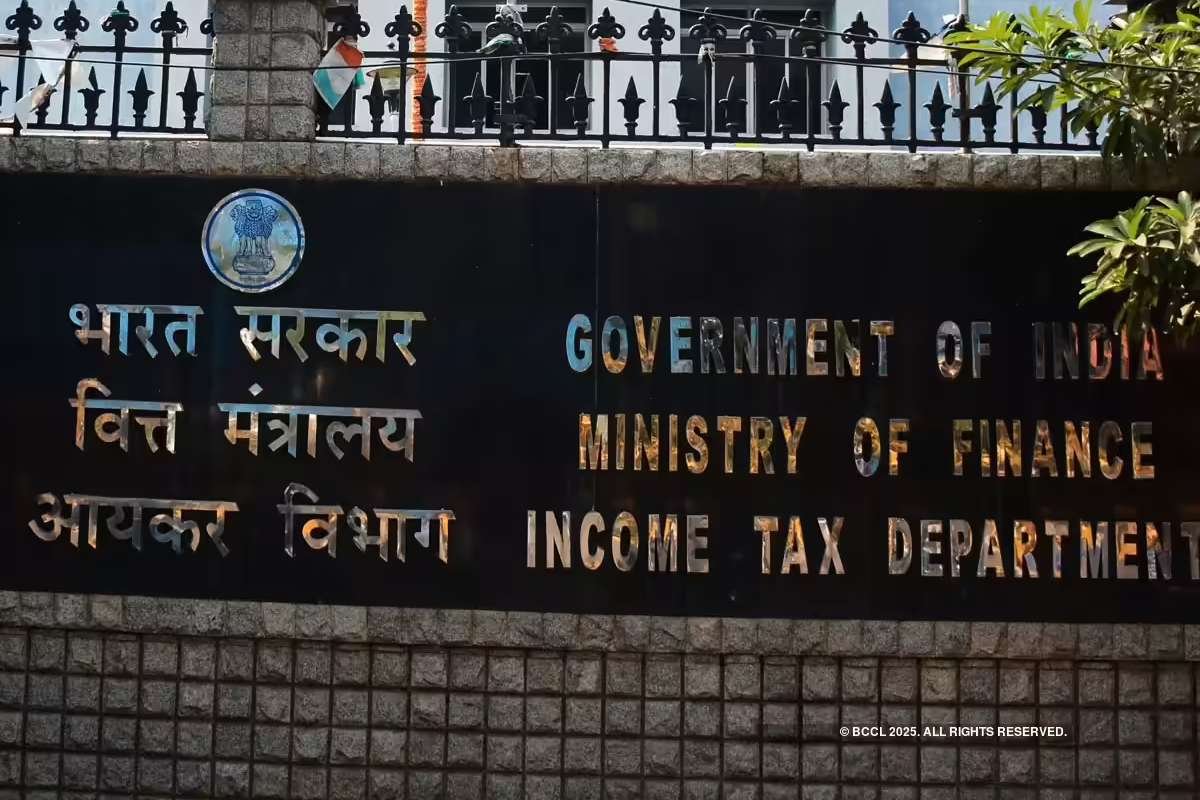Key Points:
- Deadline – Audit report by Sept 30; ITR by Oct 31.
- Applicability – Businesses >₹1cr (₹10cr if <5% cash), professionals >₹50L.
- Penalty – Up to ₹1.5L for late filing.
The Income tax audit deadline to file audit reports for the financial year 2024–25 is Sept. 30, 2025, the Income Tax Department said. This requirement applies to businesses, professionals, and other taxpayers whose accounts fall under the audit provisions of the Income Tax Act.
Companies, proprietorships, and partners in firms must submit their audit reports before they can file their income tax returns. For these entities, the ITR deadline is Oct. 31, 2025. So far, the government has not announced any extension for either date.
Failure to meet the audit deadline could attract penalties under the law.
Who needs an audit
Not every taxpayer is required to undergo a tax audit. The audit rule generally applies to businesses with annual turnover above ₹1 crore. The threshold increases to ₹10 crore when cash transactions make up less than 5 percent of total dealings.
For professionals such as doctors, lawyers, or architects, an audit becomes mandatory if annual receipts exceed ₹50 lakh. The Income Tax Department may also call for an audit in special cases, even if these limits are not reached.
The audit serves as a compliance check to ensure that income, expenses, and deductions are properly recorded and that tax liability is correctly calculated.
“A tax audit is not about identifying mistakes but confirming adherence to the Income Tax Act,” said a senior chartered accountant based in New Delhi.
Penalties for late filing
Taxpayers who do not file their audit report by Sept. 30 Income tax audit deadline may face penalties under Section 271B of the Act. The penalty is 0.5 percent of total sales, turnover, or gross receipts, capped at ₹1,50,000.
Relief is available if the taxpayer can prove a reasonable cause for missing the deadline. In such cases, the tax authorities have the discretion to waive the penalty.
“Delays due to unavoidable reasons such as natural calamities, technical system issues, or genuine hardships are often considered valid grounds,” the accountant said.
Why deadlines matter
Meeting the Income tax audit deadline is necessary for smooth income tax return filing. Businesses and professionals who submit reports on time avoid penalties and reduce the risk of scrutiny.
Tax consultants advise preparing early to prevent last-minute technical glitches on the e-filing portal. In previous years, some deadlines were extended due to system slowdowns, but as of late September 2025, no such relief has been announced.
The Central Board of Direct Taxes (CBDT) has repeatedly emphasized timely compliance. In its latest advisory, it urged taxpayers who are subject to audits to finalize accounts and upload reports well before the cut-off date.
Background and compliance trends
The income tax audit requirement has been part of Indian tax law for decades, aimed at improving transparency and reducing evasion. Audit thresholds have been revised over the years to reflect changing business practices, including the growing use of digital transactions.
In recent years, more businesses have qualified for the higher ₹10 crore turnover limit due to the government’s push for digital payments. This has reduced compliance burdens for companies with limited cash dealings.
Still, tax professionals note that small businesses and sole proprietors often struggle to meet reporting requirements due to limited resources.
The CBDT has also introduced data-driven monitoring, using information from banks, goods and services tax (GST) records, and digital payment systems to identify discrepancies. This has increased the importance of accurate and timely audit reporting.
What taxpayers should do now
With just days left before the Sept. 30 Income tax audit deadline, taxpayers in the audit bracket are advised to:
- Ensure accounts are finalized and audited.
- Upload the tax audit report on the e-filing portal.
- Confirm acceptance of the report by the auditor in the system.
Missing these steps may delay ITR filing and trigger penalties.
Tax experts stress that while penalties can sometimes be waived, compliance is the safer route. “Timely filing protects businesses from unnecessary financial and legal troubles,” the New Delhi accountant said.
As the Income tax audit deadline approaches, the focus remains on efficient filing and adherence to legal requirements, ensuring that taxpayers meet obligations under the Income Tax Act.








